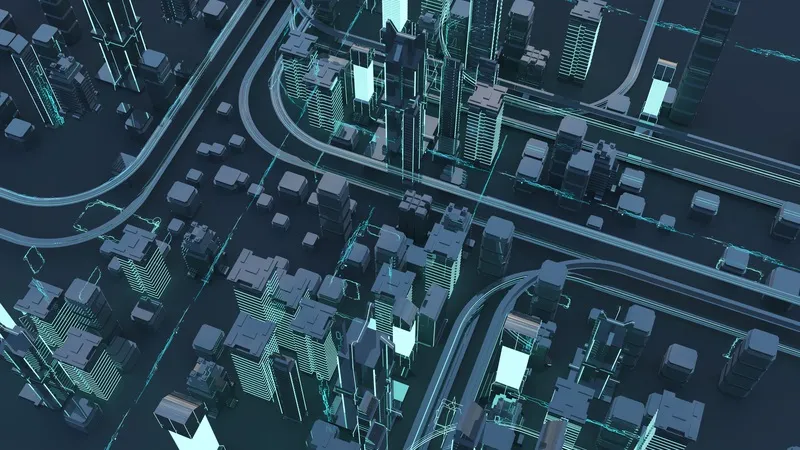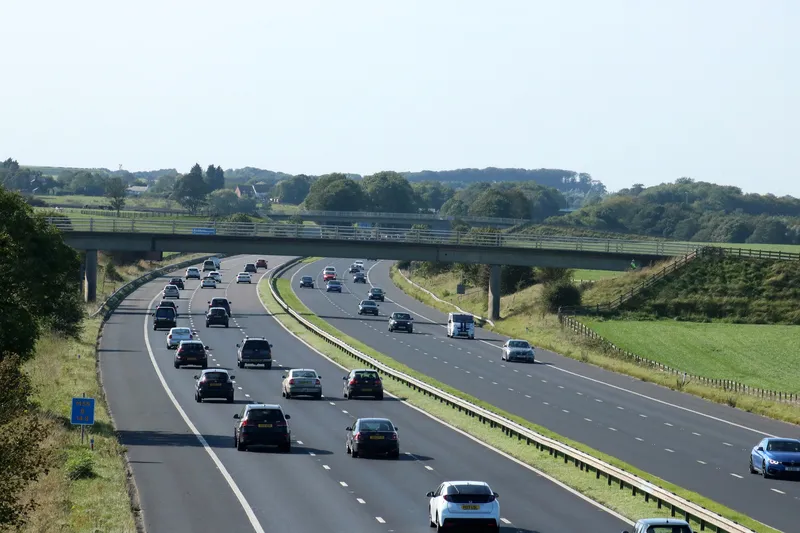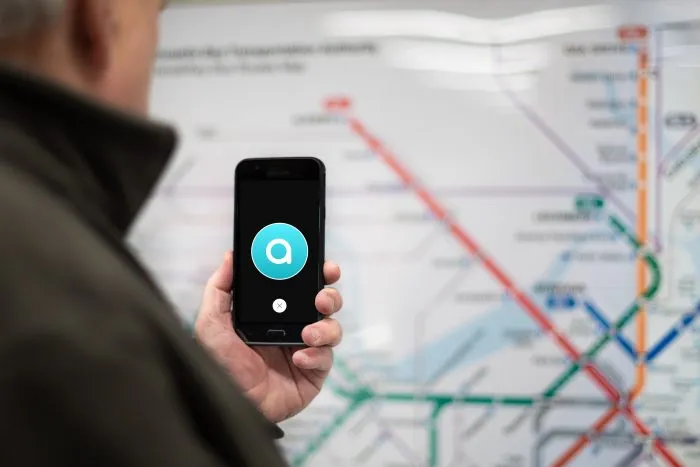
A national data service for road authorities has been launched in the Netherlands.
The Urban Data Access Platform (UDAP) is designed, among other things, to optimise traffic flow in a relatively small country which has numerous congestion pinch points on its highways.
All Dutch intelligent traffic light controllers (iTLCs) have been linked to the platform, and other objects - such as bollards, sensors and measuring systems for tyre pressure and height clearance - will be linked in the future.
All road authorities and certified service providers can now use UDAP's data services, developed on behalf of the Ministry of Infrastructure and Water Management.
UDAP receives data from various roadside systems and automatically sends it to authorities, while also receiving anonymised travel and vehicle-related data from road users.
Menno Malta of smart mobility specialist Monotch - which provides the data link for UDAP - explains: "The status of all data is made transparent in dashboards."
Data on the platform can be used to provide road user information such as time-to-green from smart traffic light controllers, or for prioritising specific road users such as emergency services or cyclists at lights.
For urban traffic control, the ultra-fast exchange of data could lead to potential congestion being detected earlier, with traffic flow to be optimised accordingly.
“In the coming year we will not only gain more insight into the data exchange with intelligent objects and the impact on traffic flow but also, for example, for applications for road safety and sustainability,” says Vincent Habers, senior advisor ITS and responsible for the implementation of UDAP on behalf of the Talking Traffic partnership.
Jaco van Veldhuijsen, smart mobility project manager at the Province of Utrecht, believes the convenience of being able to see all connected objects and data flows is a significant improvement.
“In this way, we keep an eye on and keep control over the traffic flows in the region and we immediately receive notifications in the dashboard when something goes wrong in the data exchange," he says.
"Based on the advice received following the report, you can then find out where the data flow is stuck. It is also possible to adjust the priority regulation ourselves and in the event of calamities and road works we can also intervene in the system and pause the connection, for example."
MAP traffic management (MAPtm) worked with Monotch to set up data quality controls, formulating the performance indicators for all intersections in the Netherlands.
From 1 March, road authorities will proactively receive notifications and advice for follow-up when the connection to linked objects is lost.









